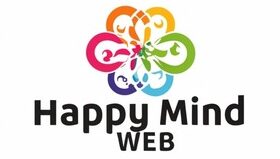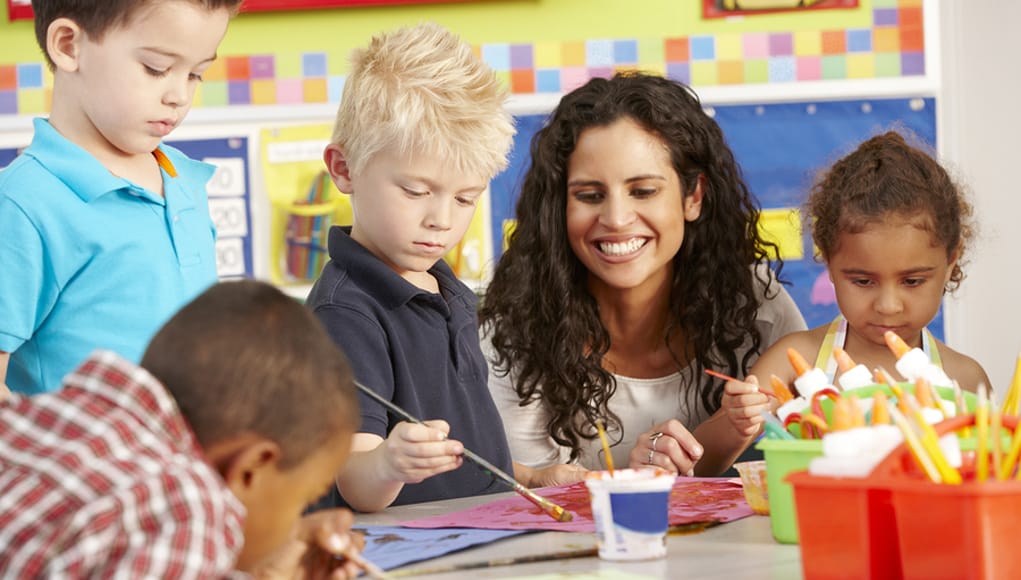Projects are an integral part of education that goes beyond textbooks and tests, allowing students to engage in hands-on, practical learning experiences. A project-based approach to education promotes active learning, critical thinking, collaboration, and creativity. By immersing students in real-world challenges and encouraging them to explore and solve problems, projects empower learners to apply knowledge and skills in meaningful ways. In this article, we will explore the benefits of project-based learning, discuss key elements of successful projects, and highlight the transformative impact projects can have on education.
Promoting Active Learning and Engagement
Projects provide a dynamic learning experience that actively involves students in their own education. Instead of passively receiving information, students become active participants, exploring topics, conducting research, and working on tangible outcomes. This hands-on approach promotes deeper understanding, retention of knowledge, and the development of critical thinking skills. Students are more engaged and motivated when they can see the direct relevance and application of what they are learning.
Encouraging Critical Thinking and Problem-Solving Skills
Projects foster critical thinking and problem-solving skills by presenting students with real-world challenges that require analysis, synthesis, and evaluation. Students are encouraged to think critically, identify problems, brainstorm solutions, and make informed decisions. Through projects, students learn to tackle complex problems, adapt to new situations, and apply their knowledge in creative and innovative ways.
Facilitating Collaboration and Communication
Projects often require collaboration, encouraging students to work together, share ideas, and communicate effectively. By working in teams, students learn to listen actively, respect diverse perspectives, and contribute their unique strengths to achieve common goals. Collaborative projects promote important skills such as teamwork, communication, negotiation, and conflict resolution, which are essential in both academic and professional settings.
Fostering Creativity and Innovation
Projects provide an ideal platform for students to unleash their creativity and explore innovative ideas. Whether it’s designing a product, creating a presentation, or developing a solution, projects encourage students to think outside the box, experiment with new approaches, and take risks. Through the freedom to explore and express their ideas, students develop their creative thinking and problem-solving abilities, preparing them for a rapidly evolving future.
Developing Research and Information Literacy Skills
Projects require students to gather, evaluate, and analyze information from various sources. This promotes research and information literacy skills, enabling students to differentiate between reliable and unreliable sources, synthesize information, and draw evidence-based conclusions. Through project-based learning, students develop the ability to critically evaluate information and become discerning consumers of knowledge.
Enhancing Presentation and Communication Skills
Projects often culminate in presentations, allowing students to showcase their work and communicate their findings effectively. Presenting projects to peers, teachers, or even a wider audience helps students develop public speaking skills, articulate their ideas clearly, and present information in a coherent and engaging manner. These skills are invaluable in academic settings, professional environments, and everyday life.
Encouraging Reflection and Self-Assessment
Projects provide opportunities for students to reflect on their learning, assess their progress, and set goals for improvement. Through self-assessment and reflection, students gain a deeper understanding of their strengths, weaknesses, and areas for growth. This metacognitive approach to learning helps students develop lifelong learning skills and a growth mindset.
Conclusion
Projects are a powerful educational tool that nurtures active learning, critical thinking, collaboration, and creativity. By engaging students in real-world challenges, projects provide meaningful learning experiences that go beyond traditional classroom instruction. Through projects, students develop essential skills such as problem-solving, collaboration, communication, and critical thinking, preparing them for success in an ever-evolving world. Let us embrace the transformative power of projects in education, empowering students to become lifelong learners, innovators, and contributors to their communities.









